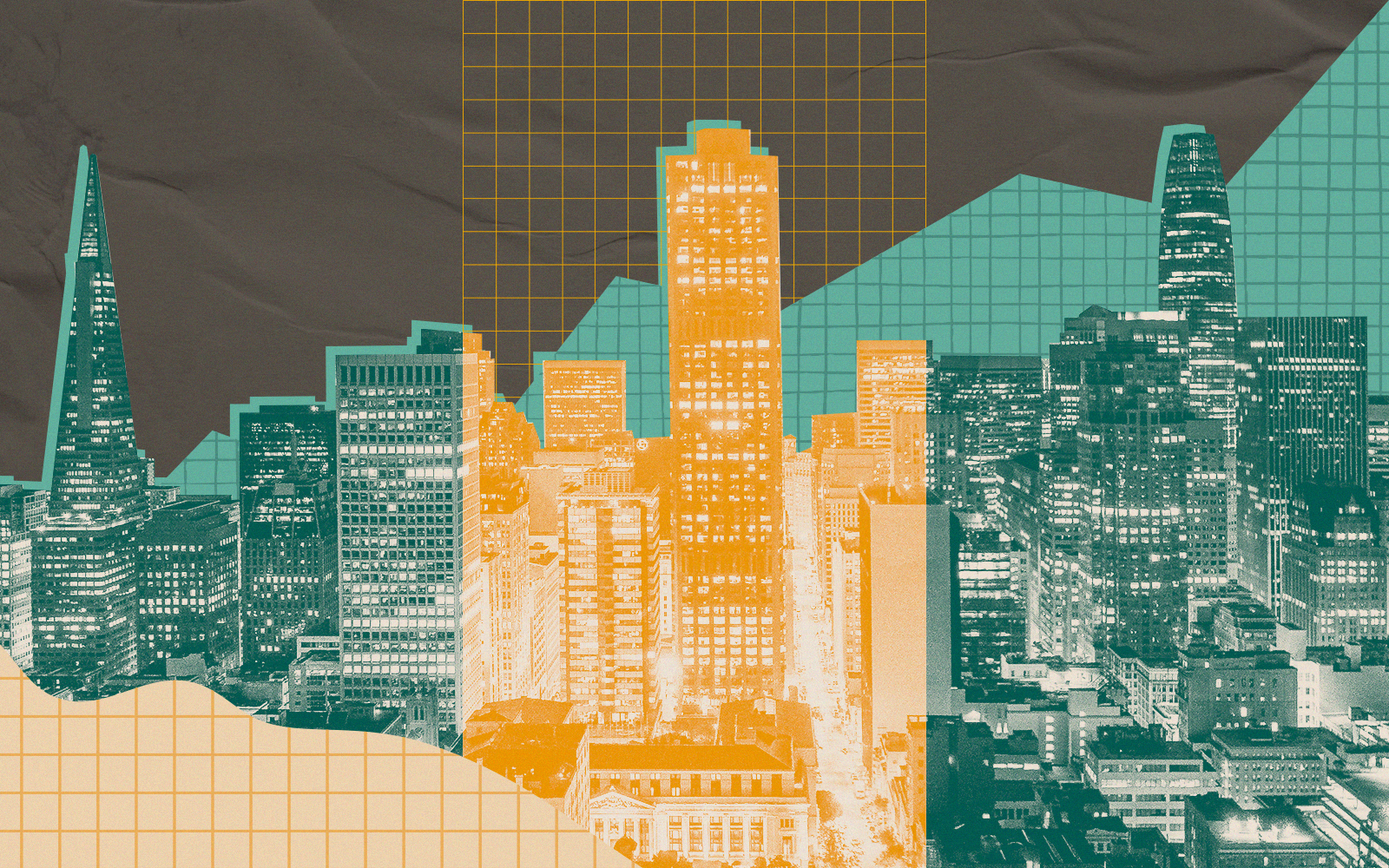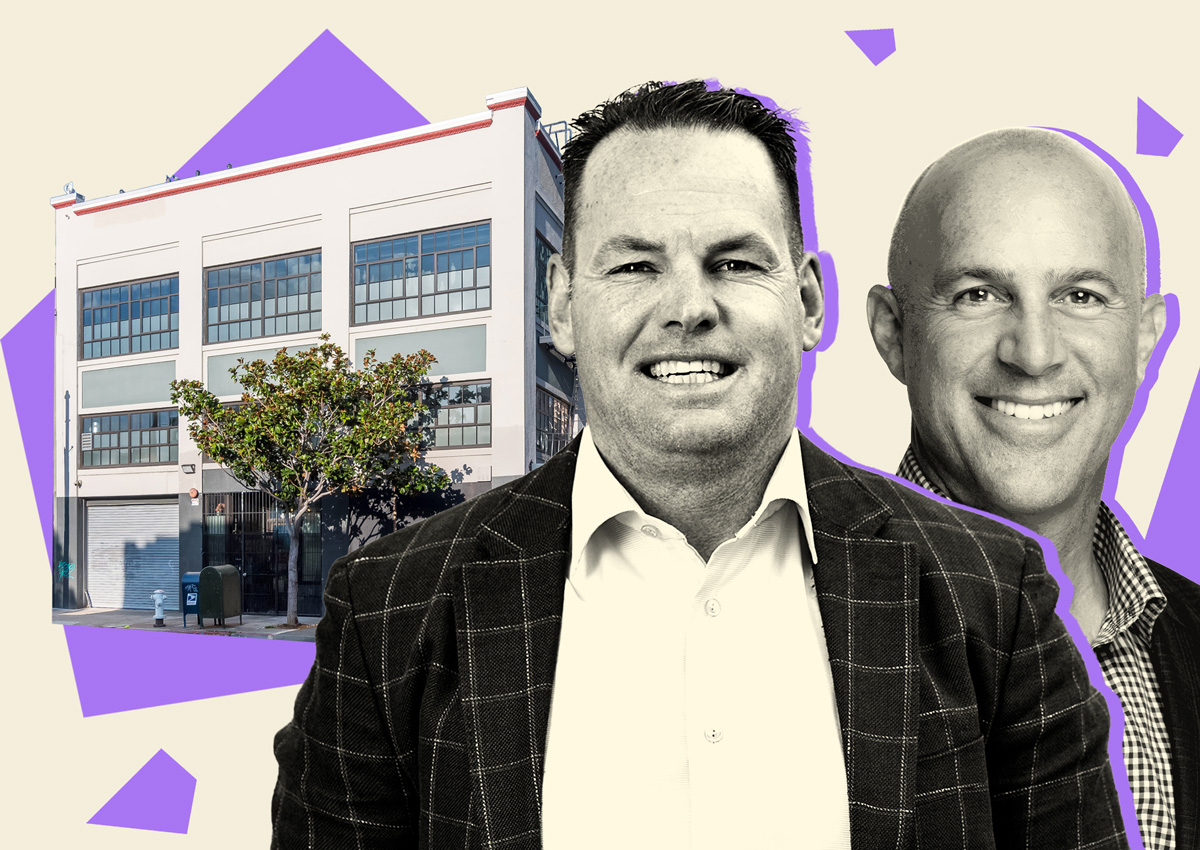Vacancy rates continue to rise to all-time highs in downtown San Francisco, but some neighborhoods fare better than others, according to second quarter data from Colliers.
Total availability — a combination of landlord-direct and sublease space — downtown now stands at over 31 percent, compared to just under 30 percent last quarter and about 26 percent in the second quarter of 2022. Asking rents are down 13 percent citywide compared to the first quarter and are 20 percent off their pre-pandemic peak, but vary widely from building to building, according to Derek Daniels, Colliers regional research director for the Bay Area. Class A buildings are asking close to $80 per square foot in direct leases, compared to $63 in class B and $55 in class C.
“There has likely never been a wider spread in rents between trophy and lower-tier office properties,” he said via email.
Granular factors
The data also shows that some neighborhoods are losing far more tenants than others. The South Financial District added an extra 1 million square feet of available office space in the second quarter, almost half of the total negative absorption downtown, mostly due to large-scale defections from big tech and financial companies, as well as consolidations and “right-sizings,” Daniels said.
Some companies have moved just a few blocks to the North Financial District and Jackson Square, areas that don’t have the same safety concerns as South of Market and have both the neighborhood amenities and the smaller office sizes companies want, according to Daniels.
“Jackson Square and the North Financial District both cater to ‘smaller’ tenants for the most part,” he said. “With the big tech ‘space race’ for big blocks on hold, deal activity has been concentrated in the set of smaller tenants.”
Jackson Square was a particular bright spot, absorbing more than 46,000 square feet of space in the second quarter, the most of any neighborhood downtown. It also has one of the lowest availability rates at 22.5 percent.
“Jackson Square is highly amenitized with some of the best restaurants in San Francisco,” Daniels said. “It is perceived as clean and safe, it has access to residential and parks, and has some of the most unique and high-quality office space in the city.”
Tourist scarcity
SoMa and Yerba Buena continue to have the highest vacancy rates in the city with more than 40 percent availability in SoMa and more than 50 percent in Yerba Buena.
Yerba Buena’s struggles are due in part to its proximity to the city’s high-profile retail closures, as well as the ill-timed delivery of an office tower in the 5M development during the pandemic that thus far has attracted just one tenant. The area was also reliant on convention foot traffic at Moscone Center, which has dropped substantially since the pandemic.
“Yerba Buena needs people: tourists, foot traffic and packed conventions,” Daniels said. “The area needs open retail and safe, clean streets.”
He described SoMa as “arguably the first area of San Francisco to be negatively impacted during the early pandemic when companies shifted to remote work.” Vacancy has come from both large companies’ “flight to quality” leading them to trophy buildings in the Financial District and small tech companies that went fully remote. The market needs a recovery in VC funding and a return-to-office push from tech, Daniels said. If that happens, he added, “central SoMa will be the epicenter of new development.”
Read more



